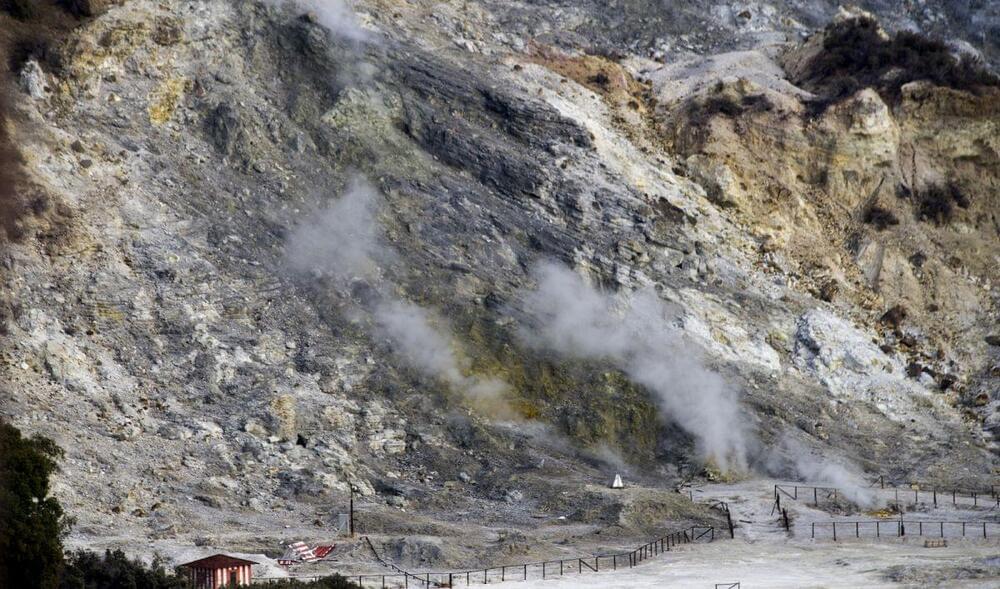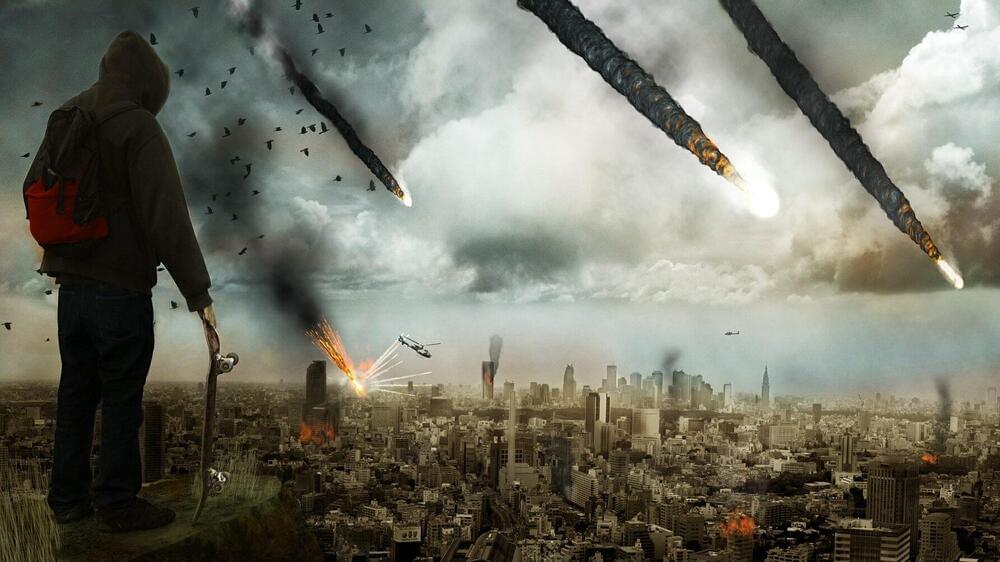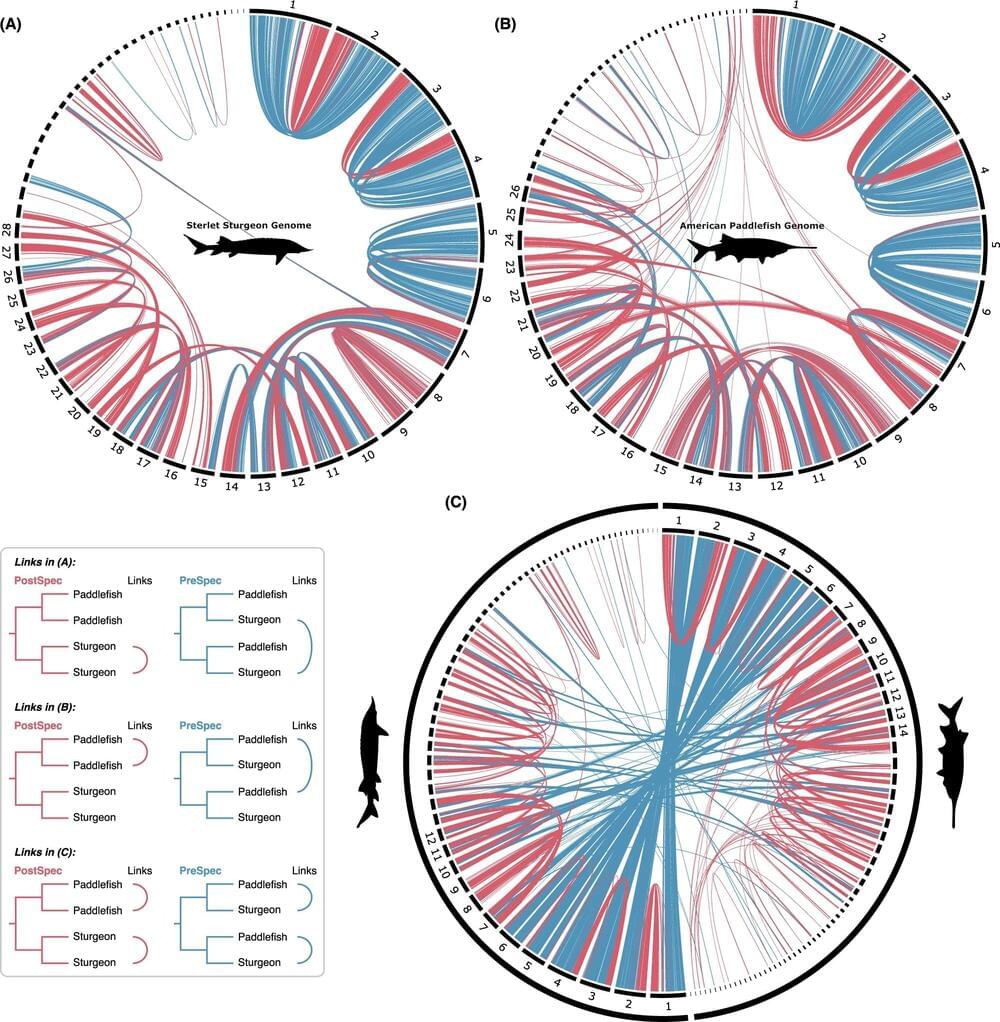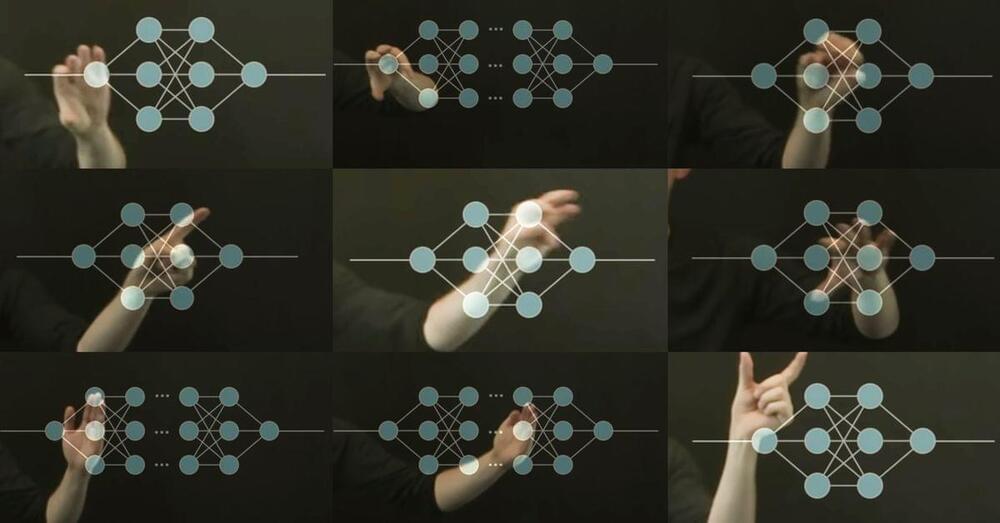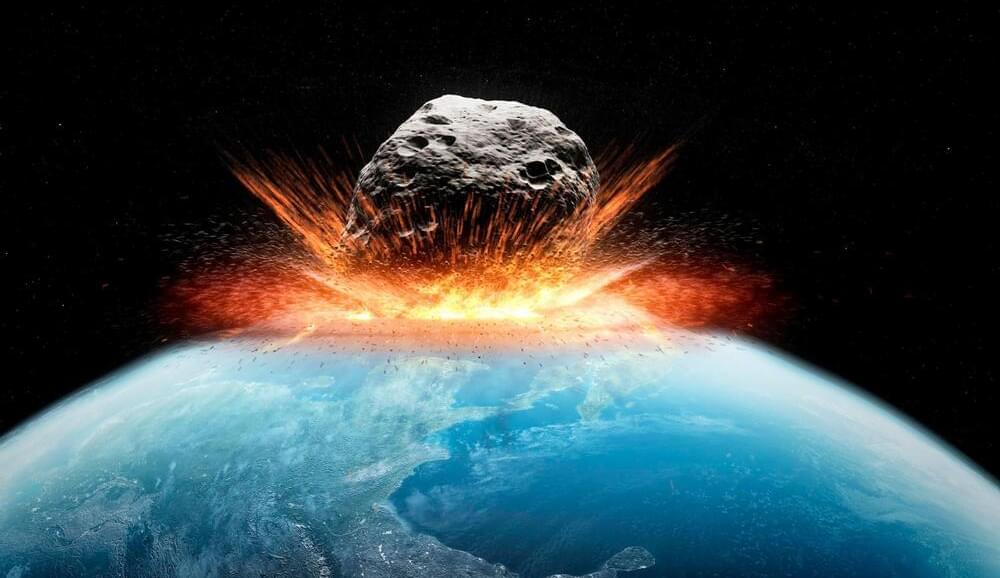Science Fiction author Robert J. Sawyer talks about Oppenheimer and about his Alternate History book: The Oppenheimer Alternative.
Where to find ‘The Oppenheimer Alternative” book?
Robert J. Sawyer’s website: https://sfwriter.com.
* Trinity moment — AI vs. Nuclear.
* ‘Now I am become death, the destroyer of worlds’
* The Jewish connection to the Manhattan project and the Nazi nuclear program.
* Nuking Japan.
* Oppenheimer personality.
* Nuclear as a Double Edge Sword. Existential risk of a nuclear Holocaust.
* Thermonuclear — the rivalry with Edward Teller.
* Alternate History — the end of the world by 2030
* Military driven science vs. science driven by scientists.
* Nuclear energy in space.
* The Orion project — Nuclear Impales propulsion.
* Controversy of Wernher von Braun.
* Role of science fiction.
Channel inks:
Quora blog: https://spacefaringcivilization.quora.com/
Amazon Author page: http://amazon.com/author/ronfriedman.
My Website: https://ronsfriedman.wordpress.com/
How to support the channel:
Get $5 in NDAX (Canadian Crypto Exchange): https://refer.ndax.io/vm1j.
Buy Escape Velocity short stories collection:
Support with Ethereum or Plygon donation: sciandscifi.nft
